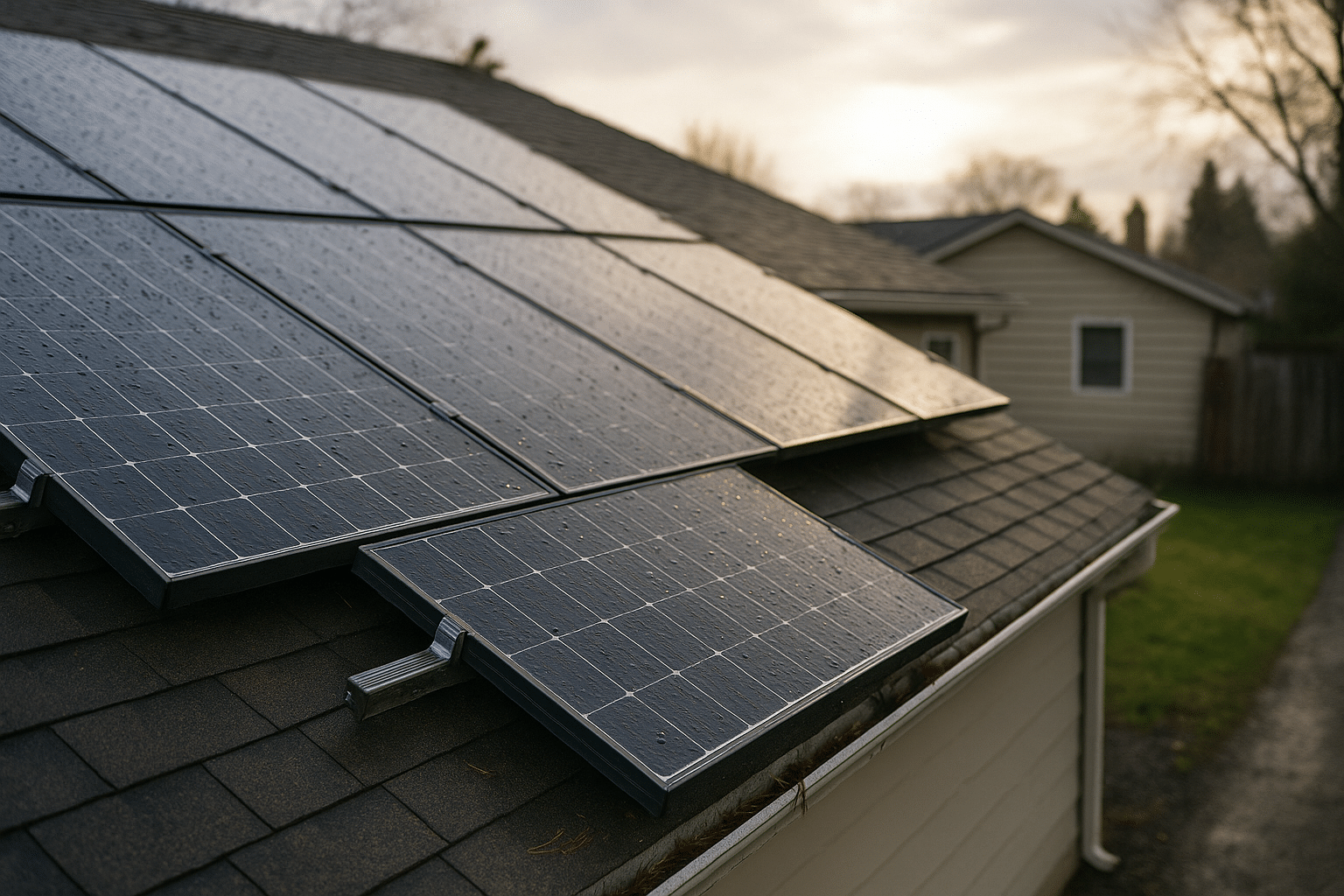
The Future of AI in Smart Home Automation
Imagine a home that anticipates your needs, adjusts the lighting, sets the perfect temperature, and even brews your morning coffee—all without you lifting a finger. This is not a distant dream but a rapidly approaching reality thanks to advancements in AI-driven smart home automation.
The Evolution of Smart Home Automation
Smart home technology has come a long way from simple remote-controlled appliances. Today, artificial intelligence (AI) is revolutionizing how we interact with our homes, offering unprecedented convenience and efficiency.
Expert Insights
According to a recent report by MarketsandMarkets, the smart home market is expected to grow significantly, reaching over $135 billion by 2025. This growth is largely driven by AI advancements, which enable smarter and more personalized home environments.
Dr. Alex Thompson, a leading expert in AI technology, states, “AI in smart homes is not just about convenience. It’s about creating an ecosystem that enhances our daily lives by learning from our routines and preferences.”
Impactful Statistics
Research by Statista reveals that nearly 30% of households in the U.S. have adopted some form of smart home technology. This percentage is expected to increase as AI technology becomes more integrated and accessible.
Real-Life Examples
Consider a family in a bustling city. Their smart home system adjusts the thermostat based on their daily schedule, dims the lights for movie nights, and even detects water leaks, preventing potential damages. Such real-life applications showcase AI’s potential in enhancing home safety and comfort.
Actionable Tips for Embracing AI in Your Home
- Start small: Begin with a smart speaker or a few smart bulbs to get accustomed to the technology.
- Consider compatibility: Ensure the devices you choose can integrate with each other smoothly for a seamless experience.
- Regular updates: Keep your smart home systems updated to benefit from the latest features and security patches.
Comparison of Popular Smart Home Devices
| Device | Features | Price Range |
|---|---|---|
| Smart Speaker | Voice control, music streaming, virtual assistant | $50-$200 |
| Smart Thermostat | Remote access, energy saving, learning capabilities | $100-$300 |
| Smart Lighting | Customizable colors, remote control, energy efficient | $20-$100 |
| Smart Lock | Keyless entry, remote locking, access sharing | $100-$250 |
| Smart Security Camera | Motion detection, night vision, remote monitoring | $50-$300 |
| Smart Plugs | Energy monitoring, voice control, scheduling | $10-$50 |
| Smart Hub | Device integration, automation, voice control | $50-$150 |
| Smart Vacuum | Automated cleaning, scheduling, remote control | $100-$500 |
Frequently Asked Questions
What is the primary benefit of AI in smart home automation?
AI enhances home automation by learning and adapting to your lifestyle, offering personalized solutions and improving energy efficiency.
Are AI-powered smart homes secure?
While AI technology includes robust security features, it’s crucial to maintain updated software and use strong, unique passwords to protect your devices.
Can AI integrate with existing smart home devices?
Most AI systems are designed to be compatible with a wide range of devices, but it’s always best to check compatibility before purchasing new gadgets.
Conclusion
The future of AI in smart home automation is not just about convenience—it’s about creating a more connected and efficient living space. As technology continues to evolve, embracing these advancements can greatly enhance our quality of life. Start with simple integrations and gradually build a comprehensive smart home ecosystem that caters to your unique needs.


